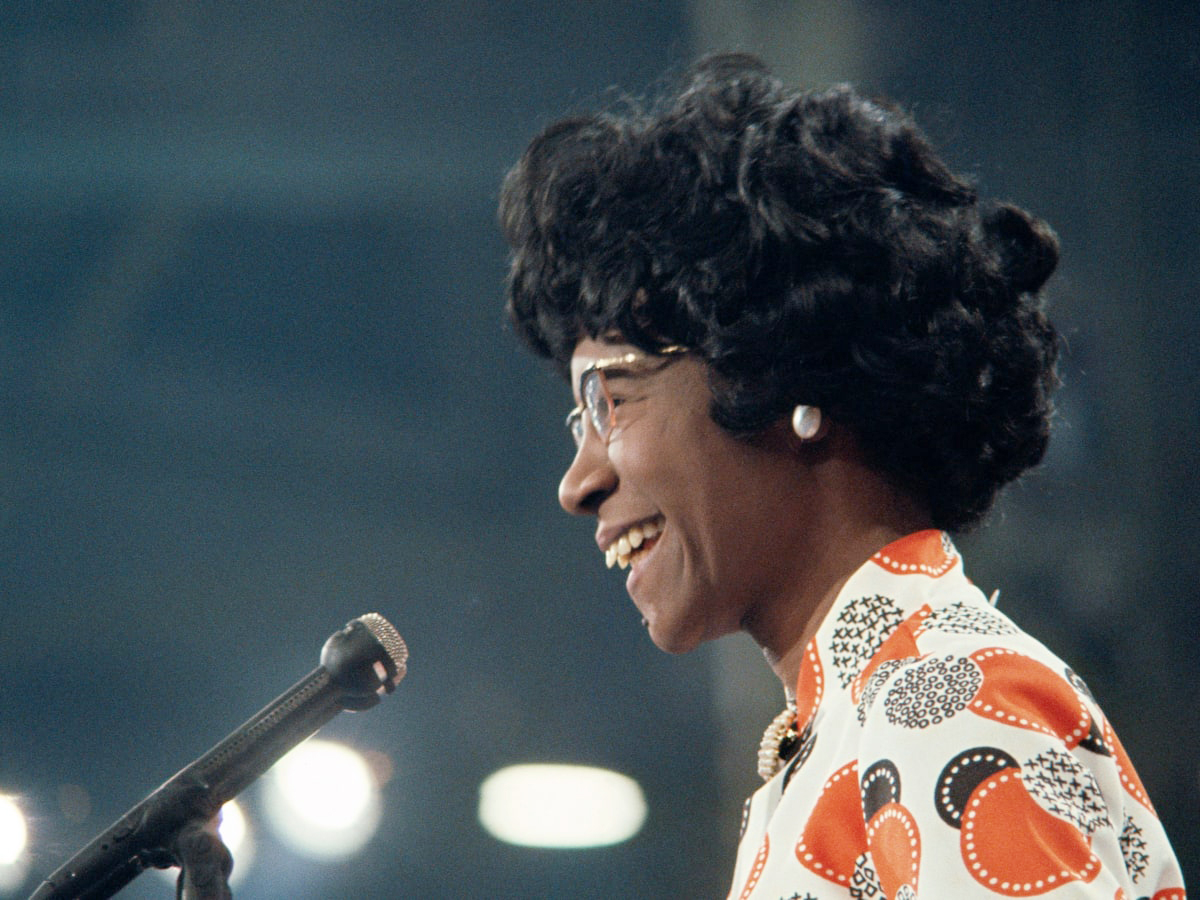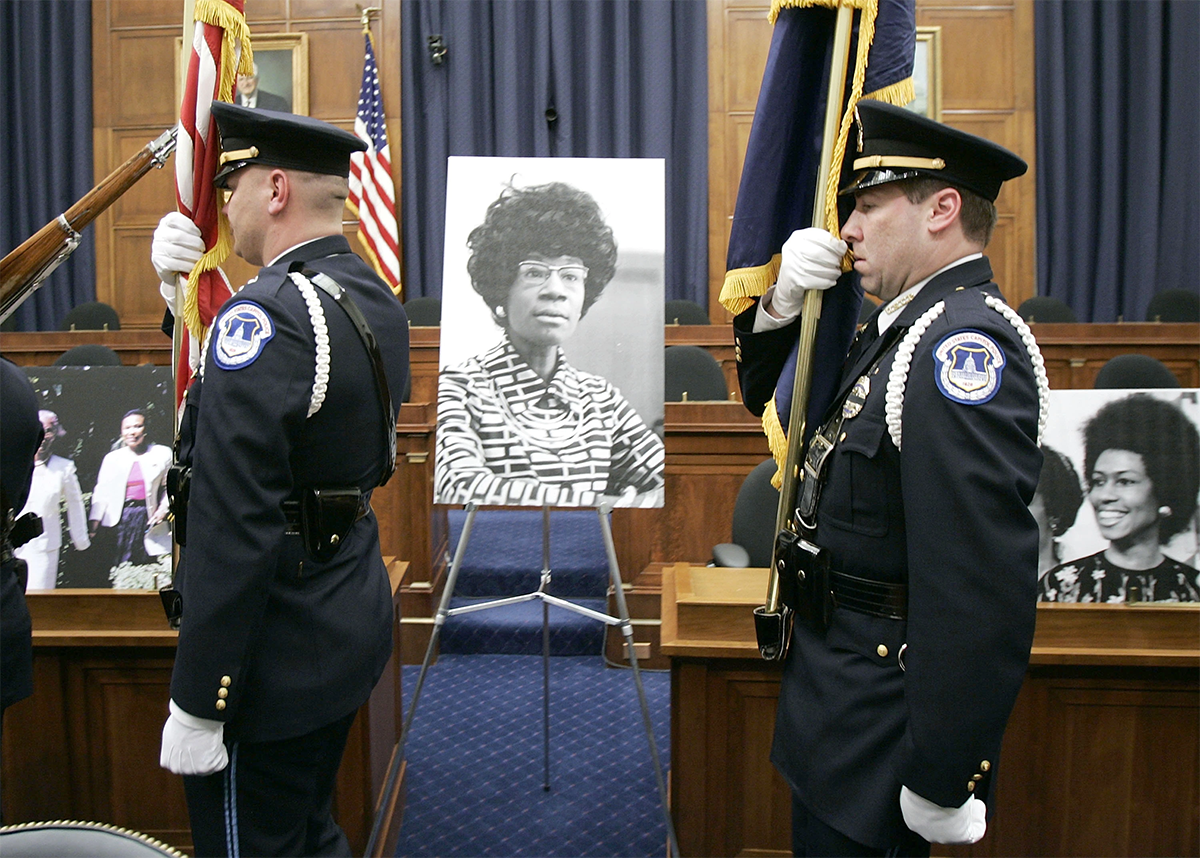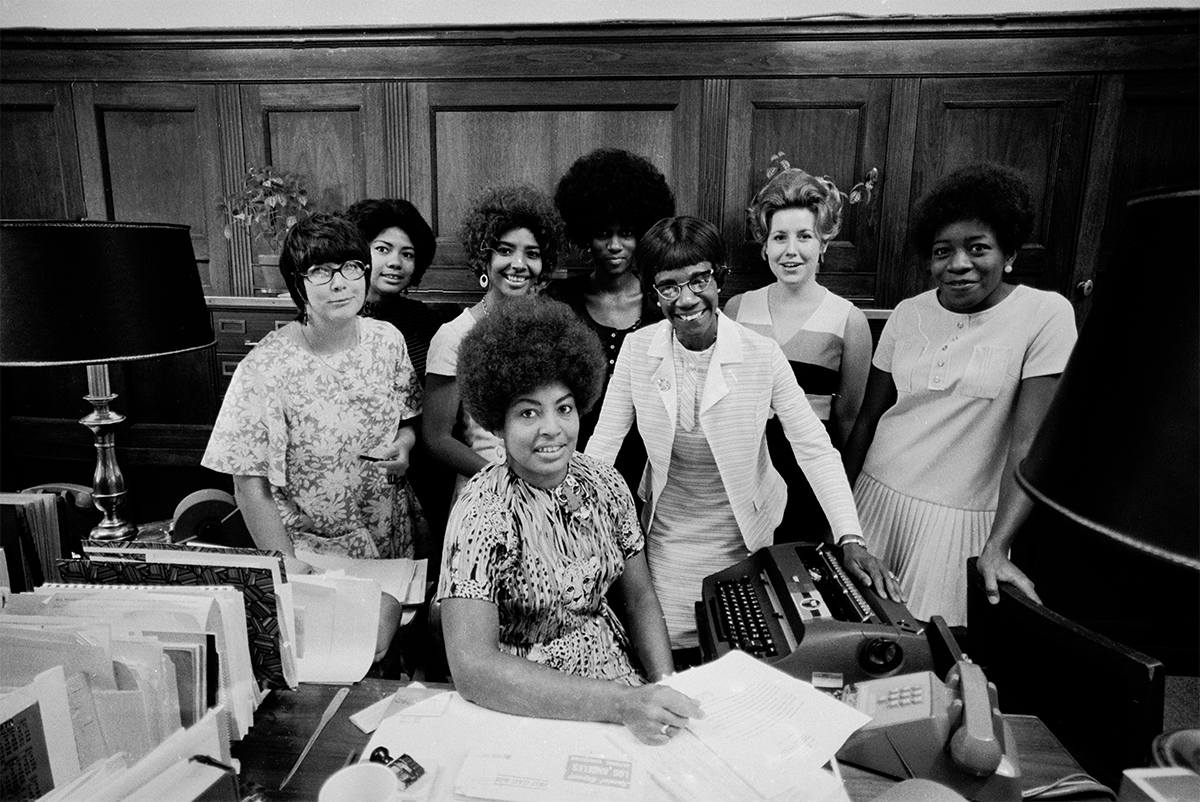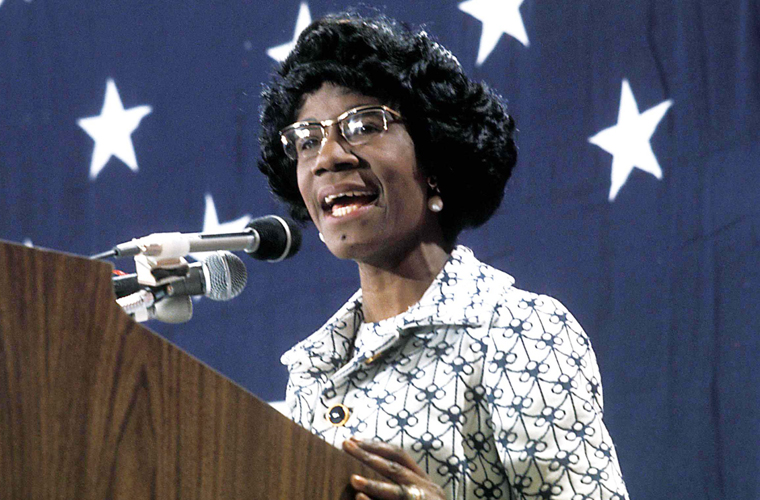Shirley Chisholm was an American politician who made history as the first Black woman to be elected to the U.S. Congress in 1968. She represented New York’s 12th congressional district, which included parts of Brooklyn, for seven terms from 1969 to 1983. She was also the first woman and the first African American to seek the nomination for president of the United States from a major political party in 1972.
Chisholm was born on November 30, 1924, in Brooklyn, New York, to immigrant parents from Barbados and Guyana. She spent part of her childhood in Barbados with her maternal grandmother, where she received a British-style education. She returned to Brooklyn at the age of nine and attended public schools. She graduated from Brooklyn College with a bachelor’s degree in sociology in 1946 and from Columbia University with a master’s degree in elementary education in 1951.

Chisholm began her career as a nursery school teacher and later became a director of a child care center. She also worked as an educational consultant for the city’s Bureau of Child Welfare. She became involved in local politics as a member of the Democratic Party and joined several civil rights organizations, such as the National Association for the Advancement of Colored People (NAACP) and the National Urban League.
In 1964, Chisholm was elected to the New York State Assembly, where she served until 1968. She sponsored bills to extend unemployment benefits, increase funding for education and health care, and provide low-income housing. She also advocated for women’s rights, including abortion access and equal pay.

In 1968, Chisholm ran for a seat in the U.S. House of Representatives, defeating the civil rights leader James Farmer in the Democratic primary and Republican candidate James Farmer Jr. in the general election. She became one of the founding members of the Congressional Black Caucus and the Congressional Women’s Caucus. She served on several committees, including Education and Labor, Veterans’ Affairs, and Rules.
As a congresswoman, Chisholm championed the causes of racial justice, social welfare, and peace. She supported legislation to end the Vietnam War, abolish the draft, reduce military spending, and establish a national health insurance program. She also sponsored bills to expand food stamps, create a minimum income for families with children, and grant domestic workers labor rights.

In 1972, Chisholm announced her candidacy for president of the United States, becoming the first woman and the first African American to seek the nomination from a major party. She ran on a platform of “unbought and unbossed,” emphasizing her independence from special interests and her commitment to representing the marginalized and oppressed. She campaigned across the country, attracting support from women, people of color, students, and anti-war activists. She won 152 delegates at the Democratic National Convention, but lost the nomination to Senator George McGovern.

Chisholm continued to serve in Congress until 1983, when she retired to become a professor at Mount Holyoke College in Massachusetts. She also lectured widely and wrote two autobiographies: Unbought and Unbossed (1970) and The Good Fight (1973). In 1993, President Bill Clinton nominated her to be the U.S. ambassador to Jamaica, but she declined due to health problems. She died on January 1, 2005, in Ormond Beach, Florida.
Shirley Chisholm is widely regarded as a trailblazer for women and people of color in American politics. She broke barriers and challenged stereotypes with her courage, intelligence, and integrity. She inspired generations of leaders who followed her footsteps and fought for social change. In 2015, President Barack Obama awarded her posthumously with the Presidential Medal of Freedom , the nation’s highest civilian honor.

